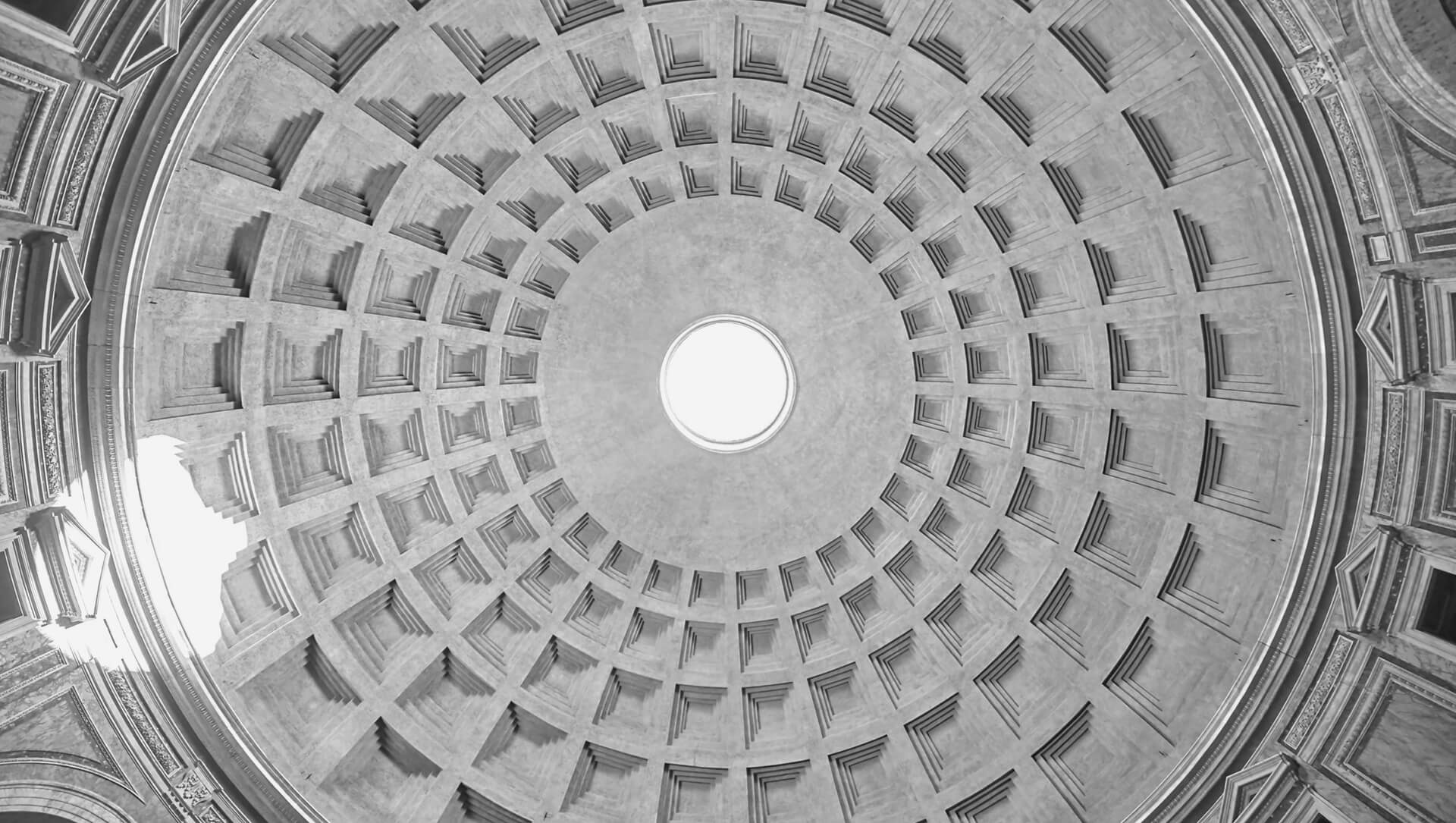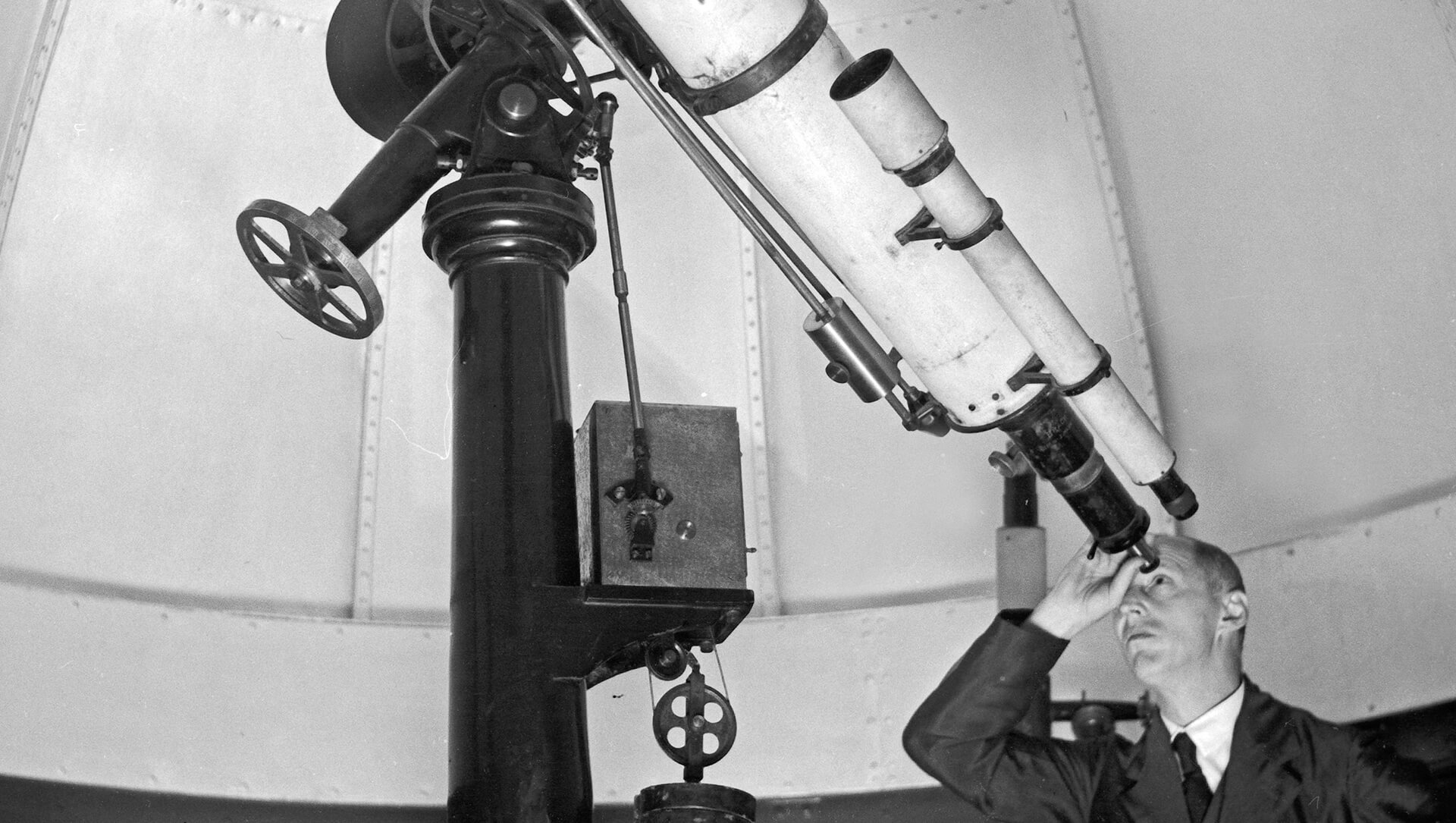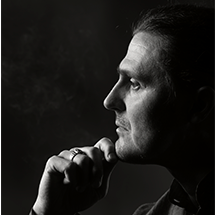Continued from chapter III. Return of the Observer into the Process of Cognition.
It seems to many that if in our worldview we rely on subjective experience, we will lose the opportunity to cognize the absolute Truth, since the inner experience is accessible by different people to varying degrees and is subject to personal misinterpretation. At the same time, in the materialistic worldview, we are dealing with matter, which appears to be a measure that can be perceived by any of us and also objectively measured with the help of instruments.
However, the claim of modern science to be accessible for the experience of anyone is not being confirmed by the science itself. The best evidence of this is the necessity to fulfill numerous sophisticated requirements such as having devices and tools available that can penetrate the micro and macro levels; being capable to work with the above devices; mastering complex mathematical language and formulations; remembering large amounts of information and so on. All this does not in any way solve the problem of the accessibility of the experience of objective knowledge equally to everyone.
The independence from personal misinterpretation remains in question, since a researcher limits his channels of perception mainly by one — eyesight — and at the same time he himself relies on a device that, firstly, was itself made by some people, and secondly, it is intended to extend human senses. The same argument that a number of people cannot fall prey to the same error of perception is in itself not flawless, and together with the assertion of quantum physics that the result of an experiment depends on the position of the observer, it even becomes a paradox.
The questions also arise: “Should the Truth be available to everyone?” and “Is something true just because it is accepted by the majority?”
Taking as the Truth what the majority agrees with, and what is accessible even to those with the lowest level of awareness, we sacrifice the highest measure to the lowest one. As the measure, so is the worldview and the culture of the people who accepted it. Having taken a low measure for our worldview, we condemn ourselves to degradation.
For an observer engrossed in the cognition process, a measure is something higher, which is eternal and invariable in its value. If we take matter as the highest value, we entrust ourselves mainly to those who can only perceive matter, as the only and eternally existing multitude, i. e. Darkness. The entire value system of such people starts with Darkness and therefore does not create a hierarchy of values leading to the highest one — the Source of existence of all that exists. Sacrificing the highest value for the lowest one diminishes any existing hierarchies to a state of complete equality of everything with everything and, thus, turns into nothing the very existence of value as a phenomenon. Everything becomes dust, an even layer covering the equally flat surface of the world. That is the result of such a worldview.
Even taking part in the creation of reality, the matter does it passively, under the influence of an active entity, which gives existence to everything and which the observer represents and continues in his influence on the matter. The matter provides us only with the lowest, mundane and primitive existence and cannot be true because of its coarseness and low position in relation to human being. A man can model matter to whatever he wants. That which can be easily manipulated and modified cannot be the Truth in any way.
With the intention to be true scientists, we simply must strive to find out a simple, non-material, single and universal measure accessible to us, as a cognizing observer. Then, in relation to it, other auxiliary, commenting measures will be lined up in an equally universal sequence, the lowest of which can be chemicals, as relatively stable kinds of the matter, below which only the void exists.
Understanding the objective and subjective worldviews depends on where the researcher's highest measure, the Truth, is located — outside or inside him. If the measure is within himself, then, stating his worldview and the science resulting from it, he needs to rely on subjective experience. If the measure is in the outer world, it will be completely natural for the researcher to rely on reference objects with which he will compare what he investigates. This is in fact, the main difference between two opposing worldviews — materialistic and idealistic.
Knowledge of the two above-mentioned worldview options makes it possible to consciously choose between them and not to get confused which of them we call our own — the subjective, internal one, or the objective, external.
Why then stick to the materialistic worldview? If the reason is to include in the circle of researchers those who do not have subtle perception, then this does not make sense. The question of the validity of the worldview for people at this level of awareness is not relevant yet. This problem is of fundamental importance only for those who are interested in their development. However, there are few such sensitive people, so the question is whether we accept the Truth of the reality of the majority or the Truth of the reality of those who are able to discern this Truth. The majority will naturally opt for the majority. The reason for this is their trust in Darkness and fear to trust the Light, the subjective reality of Truth inside us, in our very Essence, emanating from the point — the Source.
However, extreme subjectivism is also detrimental to the development of an individual, since it leads him into a reality alienated from most of the people among whom he lives. Thus he is deprived of the environment that could confirm the effectiveness of his measures, guidelines and knowledge. How can this contradiction be removed?
Continued in chapter V. Elimination of Contradictions.
Image by Konontsev Artem from Shutterstock.com

Description of the process of thinking that takes place in the higher plane of reality and is aimed at cognition.

The crisis of the worldview. The need for a clear and holistic worldview that unites religion, science and philosophy. The individual's main choice.

Sources of the worldview and its influence on an individual. The importance of a clear definition of terms. The need to restore culture.
